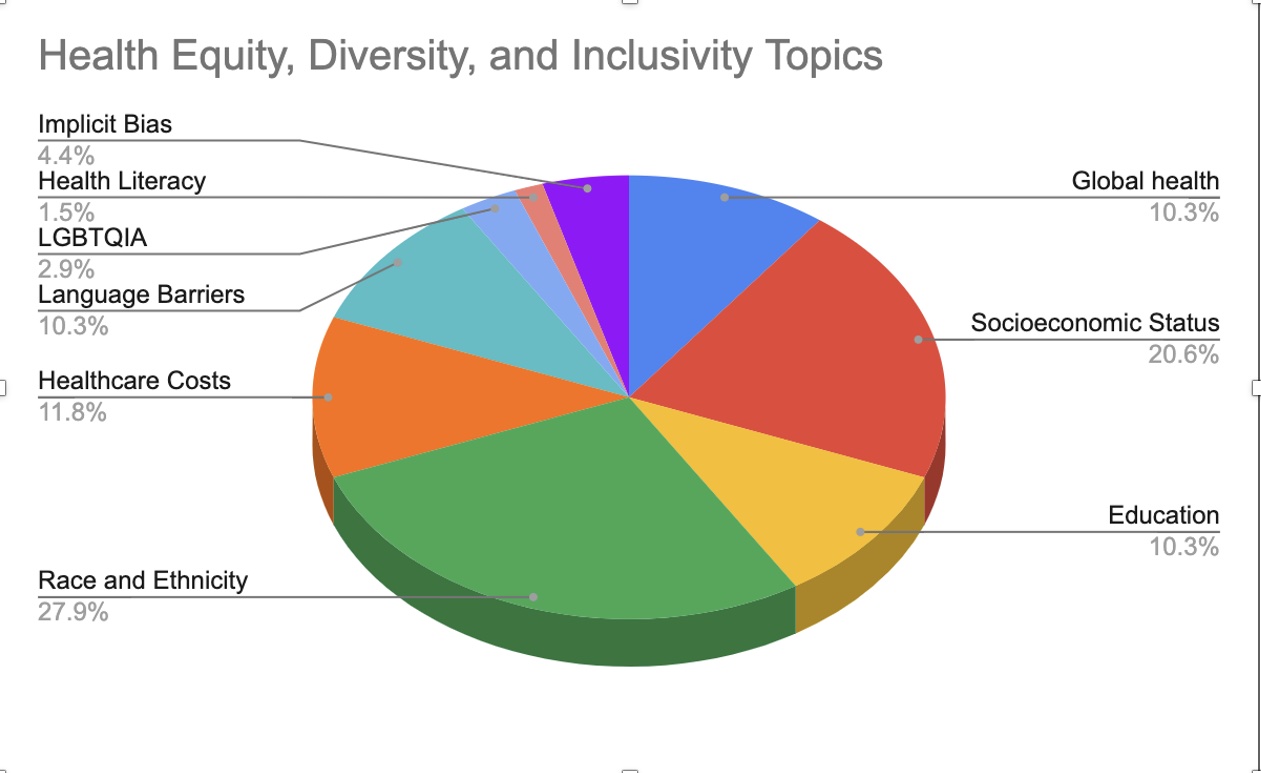Health Equity/Social Determinants of Health
Health Equity/Social Determinants of Health 1
523 - HEDI Incorporation into Case-Conference Series
Friday, April 28, 2023
5:15 PM - 7:15 PM ET
Poster Number: 523
Publication Number: 523.116
Publication Number: 523.116
Jacob D. Rotter, Donald and Barbara Zucker School of Medicine at Hofstra/Northwell, Glen Oaks, NY, United States; Vassiliki Mirisis, Cohen Children's Medical Center, New Hyde Park, NY, United States; Alexandra Cummings, Cohen Children's Medical Center, Huntington Station, NY, United States; Stephen Barone, Cohen Children's Medical Center, New Hyde Park, NY, United States
- JR
Jacob D. Rotter, MD (he/him/his)
Chief Resident
Donald and Barbara Zucker School of Medicine at Hofstra/Northwell
Glen Oaks, New York, United States
Presenting Author(s)
Background: Clinical competency is a critical aspect in the professional development of pediatric residents, particularly when managing a culturally and socioeconomically diverse patient population. A cross-cultural care survey of pediatric residents at our institution indicates that nearly two-thirds of our residents felt inadequately prepared to deliver culturally competent care due to a lack of experience and a formalized education/curriculum. Addressing this lack of formal education on disparities in care can lead to improved patient experiences and clinical outcomes.
Objective: To incorporate Health Equity, Diversity, and Inclusivity (HEDI) topics in a case-conference series to increase pediatric residents’ knowledge
Design/Methods: 38 residents each lead a multidisciplinary case conference during their PGY-2 year involving faculty from multiple departments. In July of 2021, in addition to presenting clinical aspects of the case, residents were asked to discuss HEDI-related topics pertinent to the case. A mixed-methods approach was used to evaluate the innovation, including a Likert scale to assess the awareness, knowledge, and comfort of the HEDI topics post-intervention, as well as an analysis of thematic data to determine the most common themes discussed during the conferences.
Results: In the first eighteen months of implementation, the most common themes included race/ethnicity (n = 19), socioeconomic status (n = 14), healthcare costs and insurance (n = 8), language barriers (n = 7), global health (n = 7), and education in healthcare (n = 7). Pediatric residents were queried on whether the addition of HEDI topics to the case conference series helped improve their awareness, comfort, and knowledge of health equity principles. Of the twenty-nine respondents, 69% of residents strongly or somewhat agreed.
Conclusion(s): The inclusion of HEDI topics into a multidisciplinary case conference series is a feasible way to improve awareness, knowledge, and comfort about health equity topics for pediatric residents. This can be easily adaptable to improve HEDI training across other institutions and pediatric residency programs.

